„Letting Culture in!"
Heritage Sites as Cultural Enabling Spaces
At the end of Forget Heritage, all partners came together to discuss their experiences and approaches with 80 local experts, public administratives and citizens at the final public conference „Letting Culture in! Heritage Sites as Cultural Enabling Spaces - Transnational Experiences, Cooperative Approaches & Multiple Perspectives on the challenges of today’s cultural heritage revitalization“.
At Z-Bau, the spot of the Nuremberg pilot site, their key question was, how to find the equilibrium of economic, environmental, social, historical and cultural dimensions of revalorization projects with the sustainable city in mind?
At Panel 1 „Fracture Zones of Cultural Heritage (Sites)“, Dr. Jörg Skriebeleit (head of the Flossenbürg Concentration Camp Memorial) spoke about „Forget Memory!“. His core point was that the question of what is appropriate regarding places of mass murder or historic violence poses itself repeatedly; and over the past couple of years, it has become almost hypertrophic. Are “places” even relevant any more in an increasingly digitalized world? If yes—how do we deal with them? Socio-politically, we have long moved into a post-memorial age. Somewhat paradoxically, this seemingly leads to the founding and establishment of ever more memorial sites.
Second, Thomas Kaestle (cultural studies scholar, Hannover) spoke about „The Frame as Art: Structures for Cultural Openness“. He is convinced that cultural progress and the conditions set by municipal administration are often difficult to unite. Culture requires intellectual and urban-spatial gaps, but it should not be handed over to arbitrariness. How can we support projects, which transcend the status quo—that is, which delve into the unheard, unthinkable, and unfitting—beyond the compulsion to direct understandability and presentability?
In Panel 2 „From Experiment to Permanentization“, first, Hannah Kordes (architect, Linz) presented „Right to Rurality in Urban Spaces — What the Leisenhof-Area Can Teach Us“. The Linz Leisenhof Ensemble has been undergoing a process of transformation over the past six years. Strategies, developed in a processual manner, are being discussed in order to direct the proprietor’s (i.e. the diocese’s) logic of utilization as well as to secure the holistic potentials of the neighboring gardening initiatives as green spaces of education and encounter.
Second, Gunnar Grandel (urbanist, Vienna) asked „What Remains at the Place of Importance?“. In 2017, refugees and students of the TU Vienna activated the Design-Build-Campus OPENmarx in the south of Vienna under the title “Place of Importance.” An “urbanist-ethnographic experiment” analyzes this interdisciplinary artistic process of activation and carves out factors of permanentization.
After the panels there was a round table discussion together with Prof. Hans-Joachim Wagner, the head of the Office for the Nuremberg Application as Cultural Capital of Europe in 2025. The speakers discussed the challenges of cultural heritage revitalization for people and the cities.
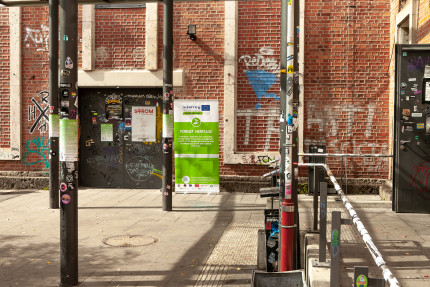
Z-Bau entrance
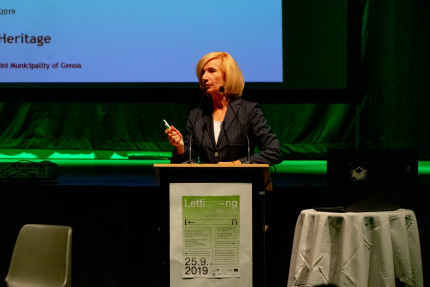
Prof. Dr. Julia Lehner, City of Nuremberg, opens the conference
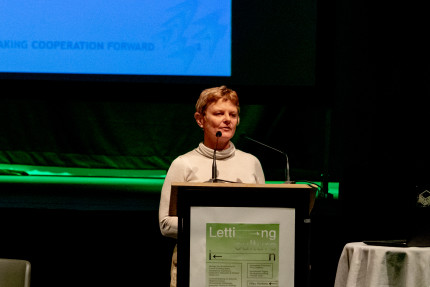
Carla Stradolini, City of Genova, introduces the Forget Heritage project
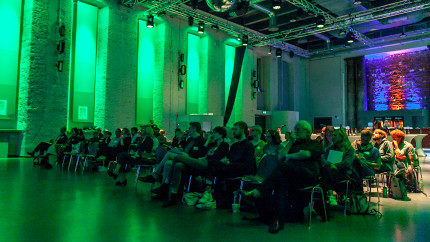
Audience
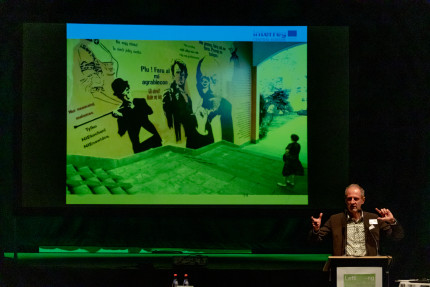
Mr. Dr. Jörg Skriebeleit gives presentation
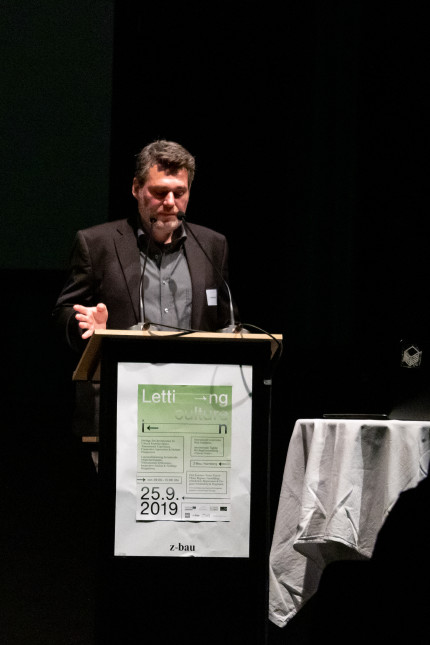
Mr. Thomas Kaestle gives presentation
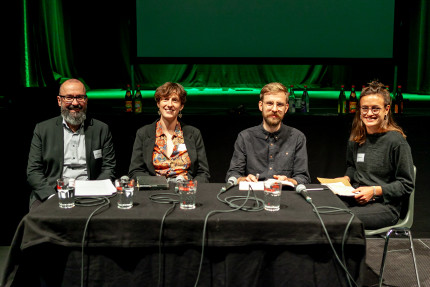
Round table discussion with Prof. Dr. Hans-Joachim Wagner, Hanna Kordes, Gunnar Grandel and Hanna Rentschler
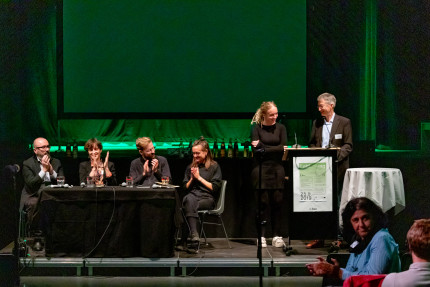
Closing
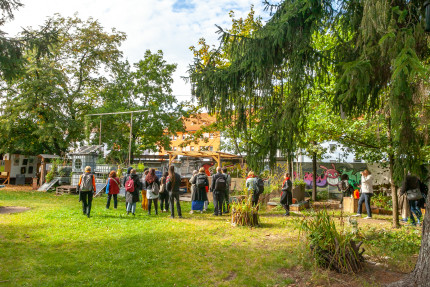
Study visit Z-Bau Nordgarten
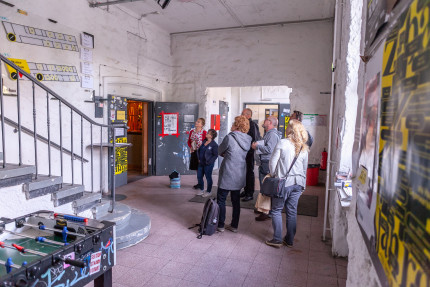
Study visit Z-Bau